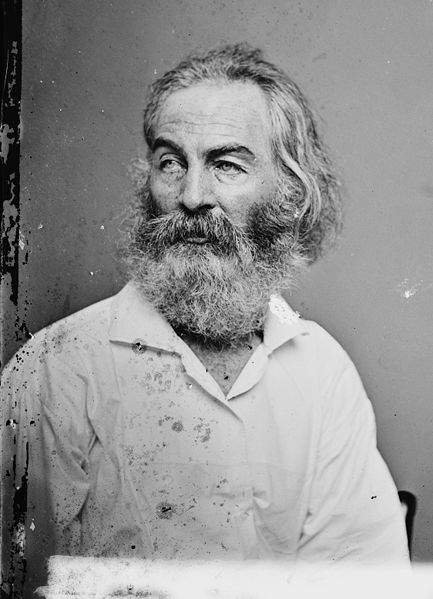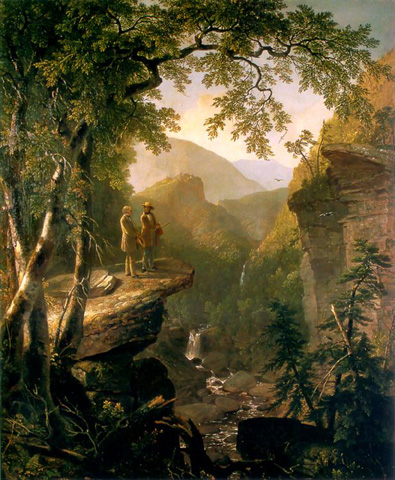There is a degree of continuity to my art – my novella and stories, my poetry, my novel – and a “searching” quality that can be described as the striving to rise above despair and the misanthropic impulse to attain a vision of hope and faith in both our human nature and our democratic society.
Novella and Stories: Related to the recession years of the early 1990’s, I’ve entitled the collection Twilight of a Century. Generally, the collection provides a pessimistic view of the consumer society and its effect on human behavior, notably as it incites human desire towards an unattainable ideal. The love interest of the novella, entitled Fade to Black, is the character of Monica representing idealized beauty. Concluding the collection, the novella Fade to Black ends with the false optimism of escapism as that provided by a television sitcom.
Novel: Picking up where the novella, noted above, leaves off, the novel Out of Bounds employs the use of ironic detachment to reflect that of a television sitcom in a comic tale of high school football and dating. The novel focuses on two students, both socialized and shaped by television and the consumer society, who haphazardly find a love despite the social pressures of their time and place in 1983 southern California. Here the love interest is the "fat chick" Sabrina, representing not only less than idealized beauty but deemed ‘out of bounds’ from that ideal. Set in a culture that exalts an ideal in beauty, behavior, and life, it provides a parable of striving to love the real in others and in our own selves. The novel also serves to convey some of the poetic spirit of Walt Whitman’s vision of body and soul liberation, where team spirit and school spirit emerge by the novel’s end as a metaphor for the human spirit. Unlike the conclusion of the escapism in Fade to Black, this novel finds a genuine optimism in the human spirit.
Poetry: Generally my poetry touches on similar themes as my prose but in a more pronounced quality of quest and searching, traipsing through a kind of hell on earth, like Dante’s journey, and attaining a vision of a kind of heaven on earth. The collection, entitled Visions of the Perfect Wave, takes California and the ocean as an overarching metaphor that ties together personal experience to expand on some of Walt Whitman’s themes of body and soul liberation in a democratic society. From the sexual complement of physical love, it attains a vision of human salvation through the collective complement of the human spirit.
Vision and Project: My most intensive creative output involves writing that attempts to turn vision into action. All related writings I’ve lumped under the title of The Promised Land Project. Imbued in the writings is the recognition of the limited efficacy of the written word. Though it may only wind up as a writing project, it is meant to be part of a broader social and spiritual movement enabling art, as Rimbaud put it, to lend rhythm to action.
skip to main |
skip to sidebar















Blazing a poetic trail to a greater future
Turning Vision into Action....at least hypothetically
Strike up the music of the band
We're blazing a trail for the promised land
Heaven on earth is within you.
Through the writing of stories, poetry, essays, and a novel, I’ve creatively contended with the consumer culture and the problem of the ideal in the modern era. This preoccupation in time would lead to a vision of cultural transformation and where I believe our democratic society needs to go to truly progress beyond the modern era. Conceding my limited credibility, this blog provides a synthesis of recognized visionaries, poets, and writers with the objective of making a credible argument. Ultimately, it is a certain feeling the project strives to inspire and sustain on a certain level, making more vital use of poetry and the arts; consequently whether one agrees or not is less important than whether one senses it and feels it over time.
We're blazing a trail for the promised land
Heaven on earth is within you.
Through the writing of stories, poetry, essays, and a novel, I’ve creatively contended with the consumer culture and the problem of the ideal in the modern era. This preoccupation in time would lead to a vision of cultural transformation and where I believe our democratic society needs to go to truly progress beyond the modern era. Conceding my limited credibility, this blog provides a synthesis of recognized visionaries, poets, and writers with the objective of making a credible argument. Ultimately, it is a certain feeling the project strives to inspire and sustain on a certain level, making more vital use of poetry and the arts; consequently whether one agrees or not is less important than whether one senses it and feels it over time.
Pages
About Me
The Promised Land Project on MySpace
Walt Whitman

Arthur Rimbaud

Black Elk

Martin Luther King, Jr.

Edith Hamilton
Henry Miller
Fyodor Dostoyevsky

D.H. Lawrence

Sophocles

Charles Baudelaire

William Blake

Charles Bukowski

Blog Archive
"Kindred Spirits" (1849) by Asher Durand

"Nighthawks" (1942) by Edward Hopper


